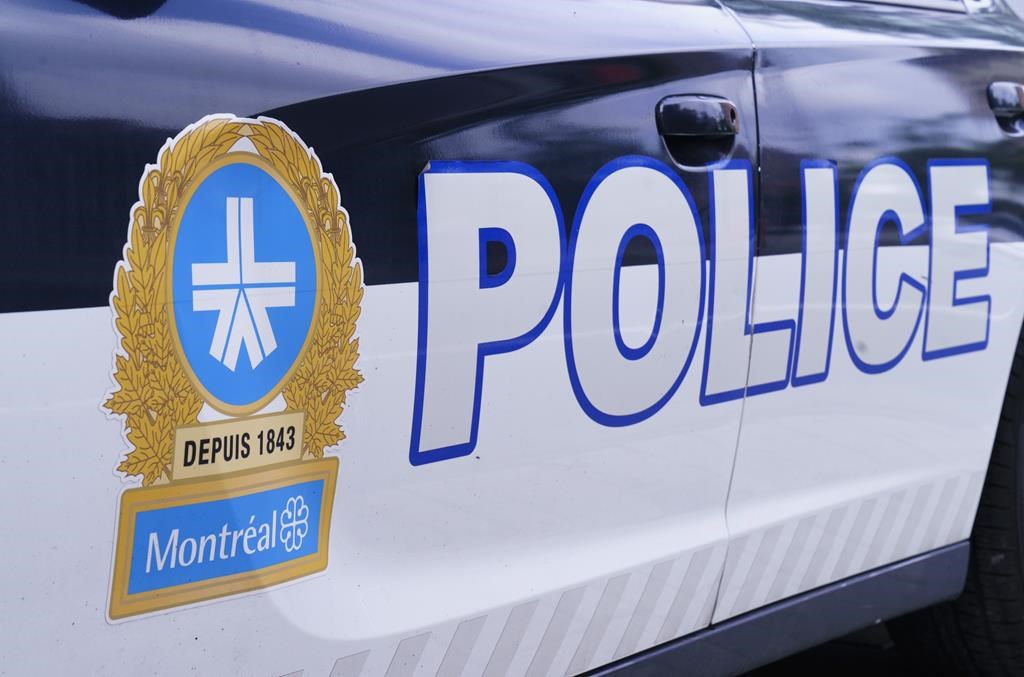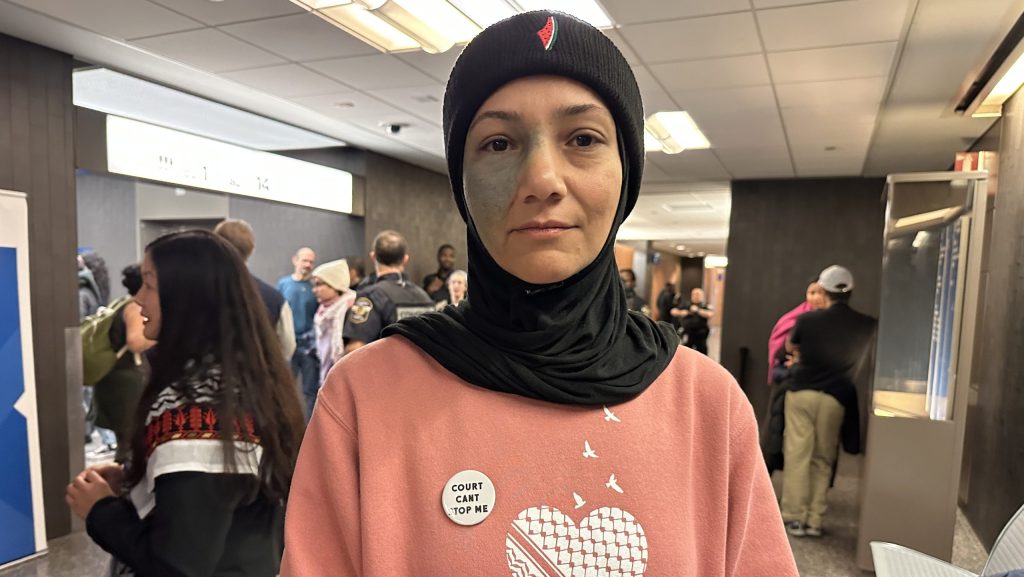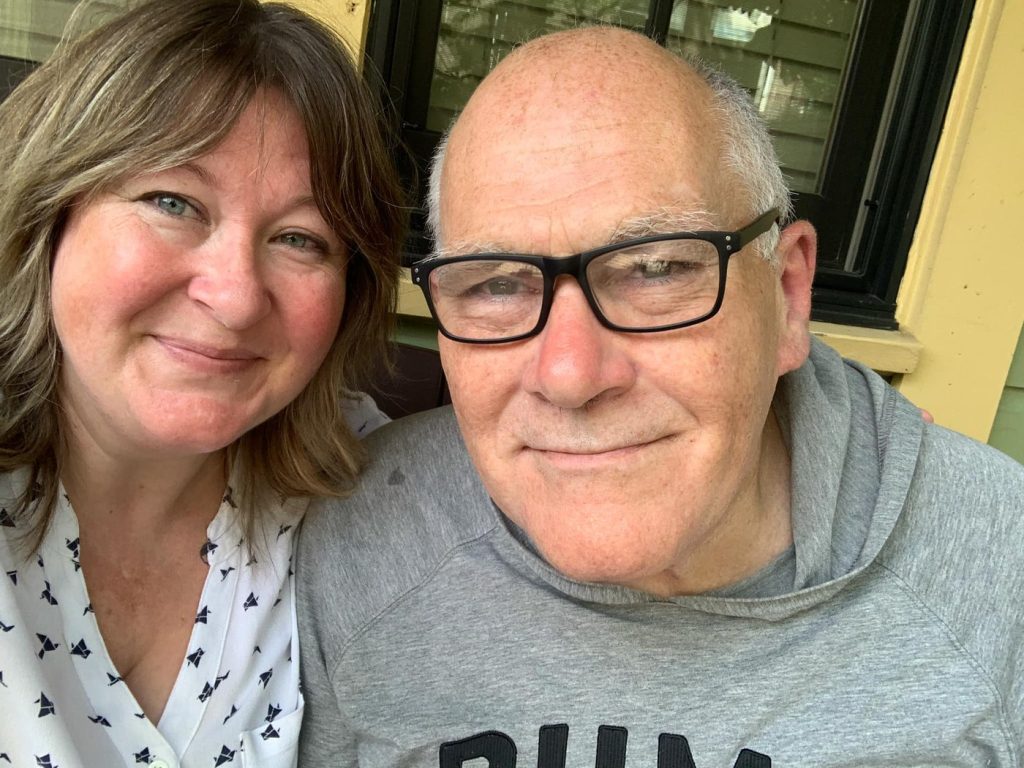Can Canadian cities adopt the ‘Philadelphia Model’ of investigating sexual assault?
Posted February 24, 2020 12:35 pm.
Last Updated February 24, 2020 6:44 pm.
PHILADELPHIA (CityNews) – If the police can’t trust the people in the community to help them – then the community isn’t going to trust the police.
One in five reported sex assault cases are dismissed as unfounded in Canada. The numbers used to be similar here in Philadelphia until they adopted a new way to review sex assault cases.
What’s known as the ‘Philadelphia Model’ has been adopted by a number of police forces across North America and is now being considered in Quebec.
“It absolutely has improved our investigations,” Mark Burgmann, the commanding officer of the Special Victim’s Unit with the Philadelphia Police said. “It’s a good thing. It establishes trust because of the transparency. As a result, they have confidence in the investigations.”
The Philadelphia Model was created 20 years ago after an investigation by local media revealed the Philadelphia police department was not properly investigating sex crimes.
The late John Timoney, police commissioner at the time, decided to reach out to the Women’s Law Project.
“He said, ‘they lost confidence. I need you and other advocates to look at our files and say what else we need to do.’ That was one of the boldest creative moves a police commissioner could make,” Carol Tracy, the executive director of the Women’s Law Project said.
Nearly 2,000 ‘unfounded’ sex assault files were reviewed by advocacy groups. Unfounded means the investigating officer doesn’t believe a crime occurred.
“These were cases that were not well investigated, and the questioning we saw was more of an interrogation than an interview,” Tracy added. “(It was) focused on the behaviour of the victim rather than the suspect.”
The reviewing of 400 to 500 unfounded cases in Philadelphia has continued since then.
“They have unrestricted access to our files. They come in once a year and review all the cases,” Burgmann said.
“They don’t look for the ‘aha’ moment, we got you. They don’t do that and that’s smart because it wouldn’t work. You would find a lack of cooperation if that’s what they were coming here to do.
“We don’t tell them how to do their jobs,” Tracy said. “When we find a problem we don’t know what the outcome is. That’s their business. Our business is trying to point out where we see deficiencies and where we need improvement.”
The approach has led to a decrease in unfounded cases & an increase in the number of sex assaults reported to police.
“The police are the first responders and they are the ones that have the most impact – about whether the person will proceed with prosecution and heal. In these 20 years we’ve seen a vast improvement,” Tracy said.
In 2017, the Globe and Mail investigated over 870 police forces across Canada and found the national average of unfounded sex assault cases was 19%. A number of police forces across the country have since adopted a reviewing process like the Philadelphia Model – with Calgary being the first.
“The best reason to adopt this model is to improve public safety. No one wants rapists on the street,” Tracy said.
In 2019, the CAQ government joined forces with provincial opposition parties to form a bipartisan committee to come up with better ways to serve victims of sexual assault. The possibility of using the Philadelphia Model is on the table.
“If I’m asked I’m going to say ‘keep the case review program because it establishes that trust,’” Burgmann said.








